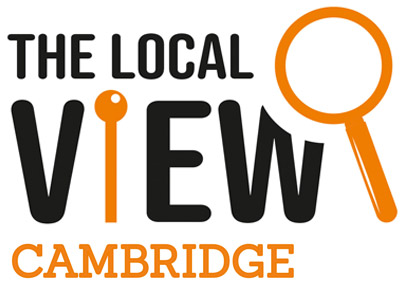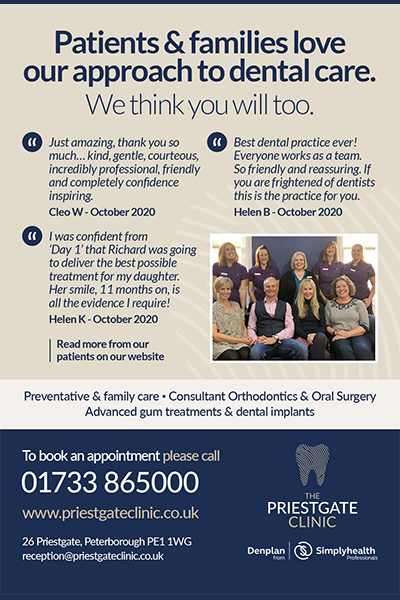Is there a link between orthodontics and airway problems?
Most people’s first thought regarding orthodontics is that it’s about straightening up crooked teeth. However, this specialist branch of dentistry is also responsible for managing facial growth and jaw size issues. When there’s a severe jaw mismatch, treatment involves braces combined with jaw (orthognathic) surgery.
Over the last 10-15 years, I’ve seen many patients who’ve experienced significant improvements to their sleeping problems due to increases in their airway dimensions. A large number of clinical studies demonstrating the link between jaw sizes and airway restrictions now support this.
Snoring and obstructive sleep apnoea (OSA)
The airway is a muscular tube inside the neck. Chronic snoring, a very common problem, typically occurs due to ageing effects (which cause a reduction in muscle tone) and people becoming overweight. OSA occurs when the snoring is so severe that it causes repeated temporary pauses in breathing and is associated with serious cardiovascular medical conditions. An underdeveloped jaw size is also a significant risk factor in a proportion of people, because the tongue sits further back towards the airway space.
Orthodontic treatment options for snoring & OSA
The symptoms of snoring, and mild to moderate OSA, may be treated with a mandibular advancement device. This holds the lower jaw (and hence the tongue) forward at night. It is advisable that a dentist who has been on a certified postgraduate course assesses and provides these. People with severe jaw under-development may be more permanently treated by surgical lengthening of one or both jaws, through a consultant orthodontic and maxillofacial surgical team. The before and after x-rays show the surgical increase in airway size of a 55-year-old lady who had undiagnosed OSA until she sought advice from an orthodontist about her apparently prominent upper teeth.
Richard Cousley is a consultant orthodontist at the Priestgate Clinic in Peterborough. For further advice please contact via the website (www.priestgateclinic.co.uk) or ring the clinic 01733 865000.
Words by Richard Cousley






